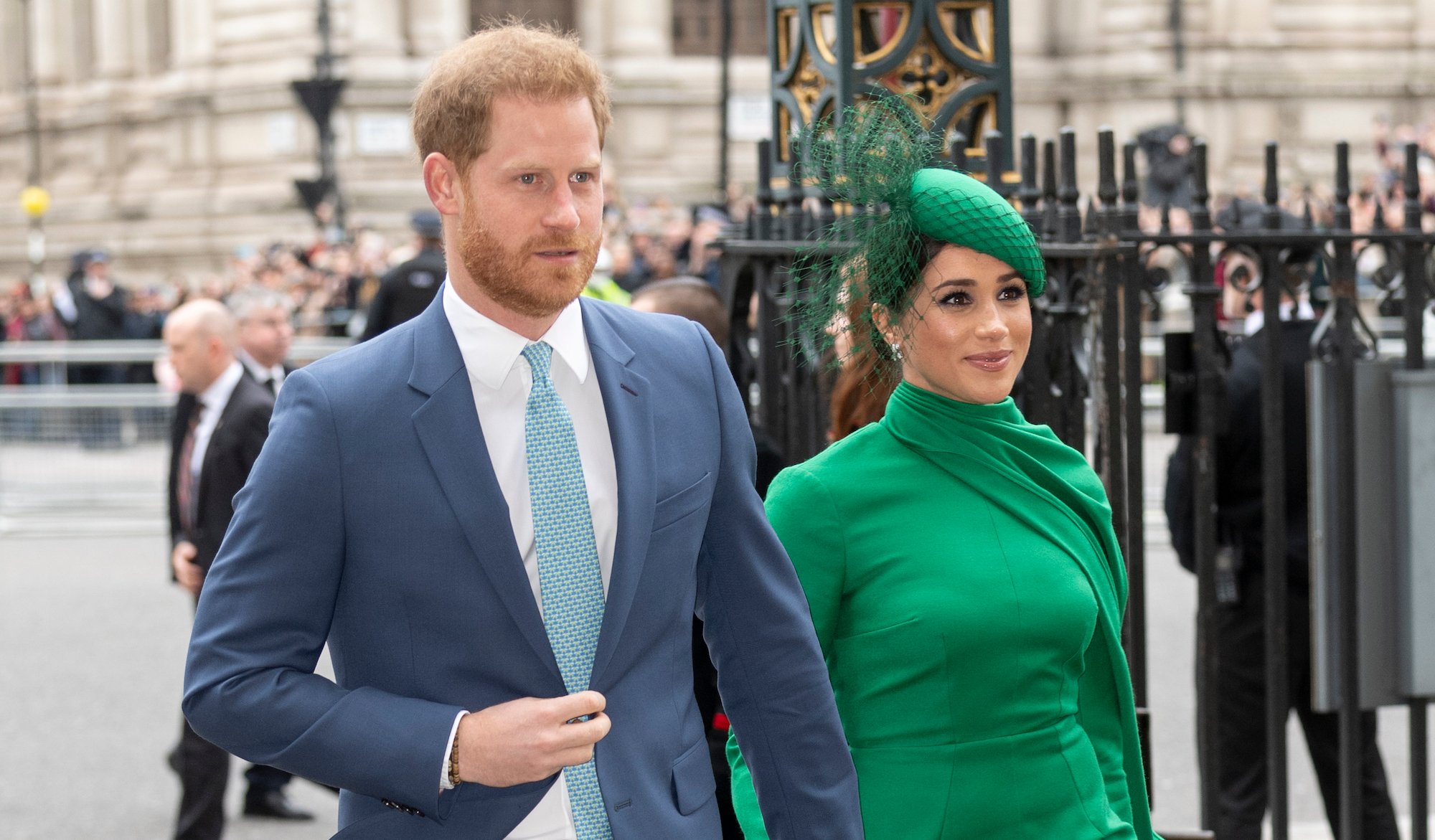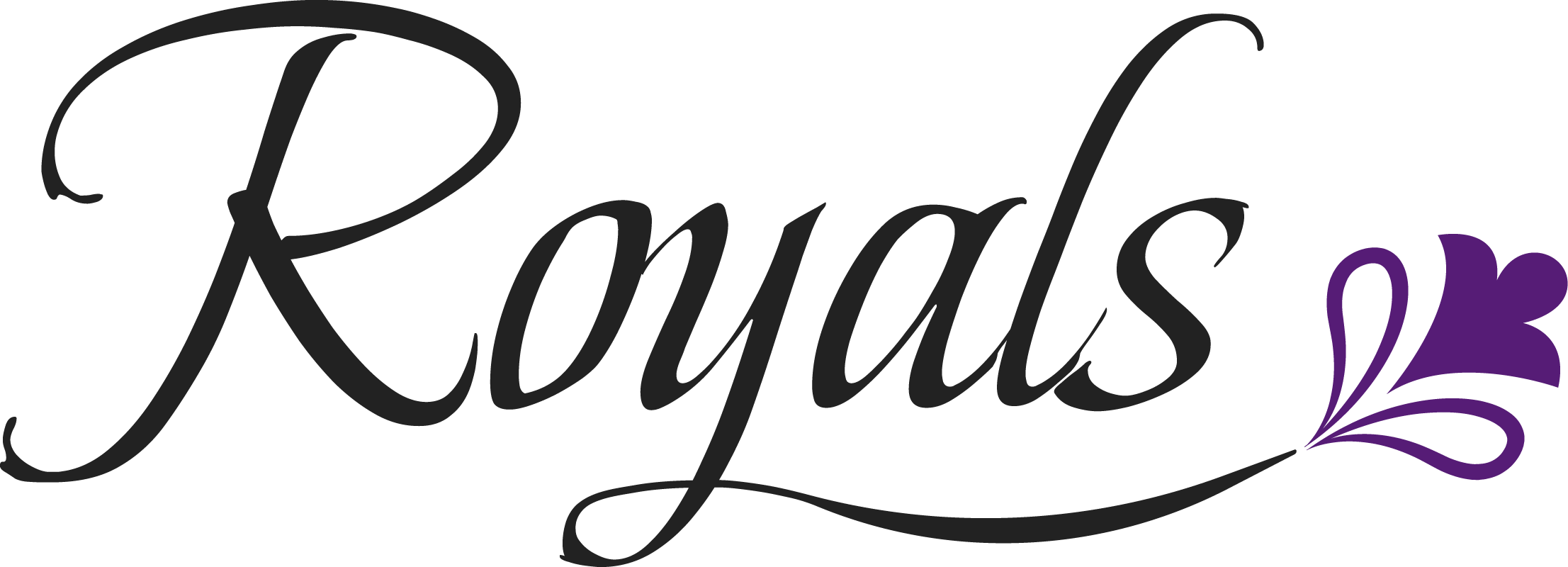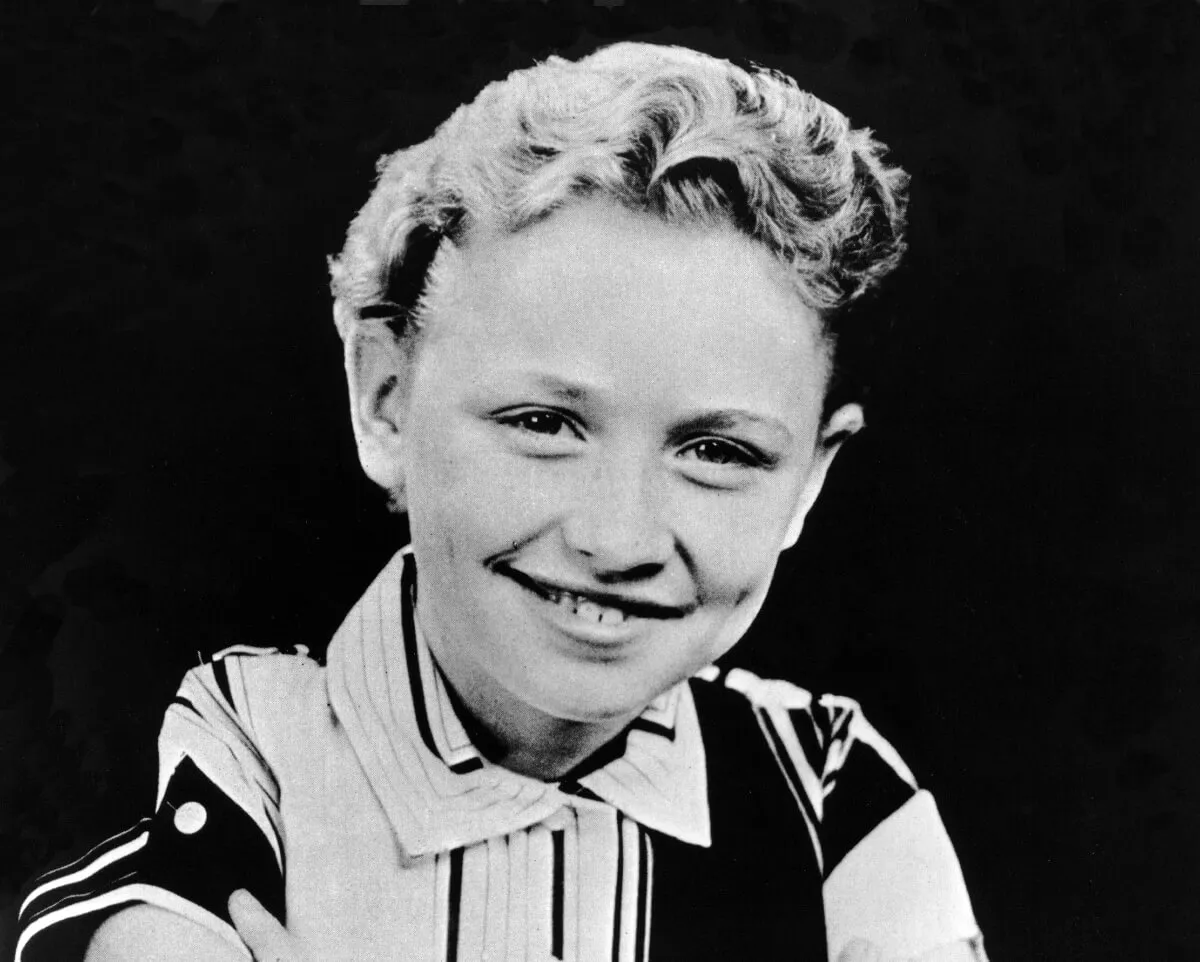5 Royal Family Members Who Left, Abdicated or Forfeited Titles
We all know that Meghan Markle and Prince Harry made the shocking decision to voluntarily step away from the royal family tree and their official duties. Why did Harry and Meghan leave the royal family? While they stated they were looking for more privacy for their growing family, an explosive interview with Oprah made it clear that it wasn’t just criticism from the press and the public that led to their decision. They were at odds with unnamed members of the family itself.
That story has understandably been grabbing all the headlines, but the Duke and Duchess of Sussex are far from the only royal family members who left their positions. Whether it was voluntary or forced, many others have left the royal family in the past.

Prince Andrew’s controversial ties to Jeffrey Epstein forced him out
Prince Andrew is the younger brother of Prince Charles and the son of Queen Elizabeth. Until rather recently, he had an official position within the royal family that came with status, a title, and public duties. The Duke of York had befriended Jeffrey Epstein back in 1999. They had a long friendship in which they were publicly spotted together — including at Donald Trump’s Mar-a-Lago Club.
The association with Jeffrey Epstein alone, a convicted sex offender who allegedly died by suicide while awaiting trial for his crimes, would have embroiled Prince Andrew in controversy, but he likely could have weathered a casual tie to a disgraced public figure.
When Prince Andrew faced allegations of sexual assault related to Jeffrey Epstein’s exploits, it was too much to overlook. The PR scandal eventually led Prince Andrew to announce a “voluntary” decision to step away from his royal duties, helping to ease the pressure on the royal family regarding his reputation.
Princess Diana’s divorce cost her an ‘HRH’ title
Prince Harry has often cited his mother’s influence in his life, and that seems to extend to his decision to walk away from royal duties for the sake of his own happiness and well-being. Princess Diana was once married to Prince Charles, and that role placed her very high up in the royal family tree. When the pair separated in 1992 amid allegations of Prince Charles’ infidelity, it was an international scandal.
It wasn’t until the pair officially divorced in 1996 that Princess Diana was stripped of the “Her Royal Highness” title as well as many of the royal benefits she had access to before. She did, however, keep some perks. As People reports, she maintained her apartment at Kensington Palace and continued to receive an allowance.
Prince Philip renounced his royal titles for love
Not all the tales of royal family members leaving their roles are awash in negative scandals. Prince Philip, father to Prince Charles and grandfather to Princes Harry and William, once had ties to Danish and Greek royal titles. In order to become the Duke of Edinburgh and become eligible to marry Queen Elizabeth, he had to give up those titles.
After spending more than 70 years married to Queen Elizabeth, it’s safe to say that Prince Philip was secure in the choices he made.
Peter and Zara Phillips were shielded from the limelight
Despite a female monarch reigning for so long, the royal family is still steeped in patrilineage. One place this shows up is in the fact that the children of Princess Anne — the Queen’s only daughter — did not automatically receive titles. However, the Queen did offer courtesy titles to her grandchildren, Peter and Zara Phillips.
Princess Anne and her husband Mark Phillips politely declined the offer, hoping to provide their children a more normal life without the harsh glare of public scrutiny and the associated expectations of official royal ties. The children were able to grow up outside of the limelight and pursue their own hobbies and passions without the same kind of attention their cousins received.



